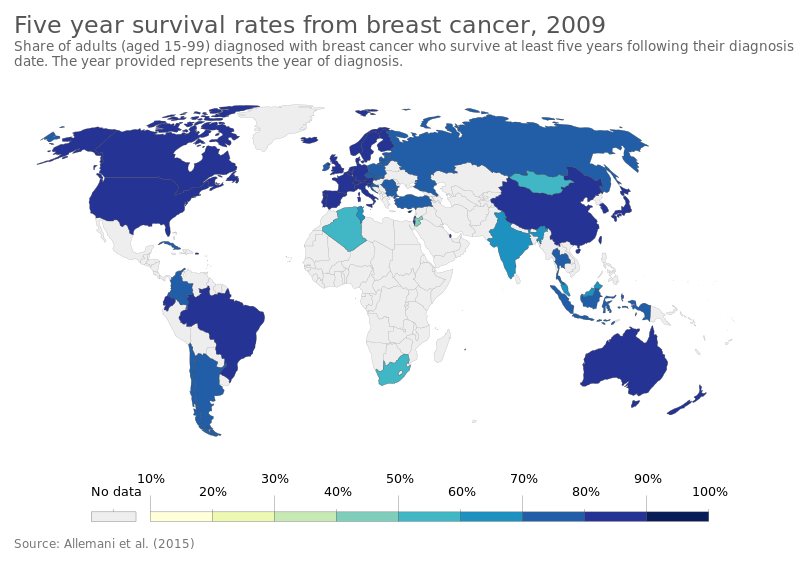New Case Study Highlights Autoimmune Connection in Hemophilia A and PBC

In a groundbreaking case study published on June 13, 2025, in *Future Science OA*, researchers have unveiled a potentially significant link between acquired hemophilia A (AHA) and primary biliary cholangitis (PBC), shedding light on their shared autoimmune mechanisms. This study, which documents a 48-year-old male patient—reportedly the first known case of its kind—suggests that overlapping autoimmune pathways may exist between these two rare conditions, prompting a reevaluation of treatment strategies and diagnostic protocols.
Acquired hemophilia A is a serious disorder characterized by the presence of autoantibodies that inhibit clotting factor VIII, leading to dangerous bleeding episodes. Unlike inherited hemophilia, AHA typically emerges without a prior history of bleeding disorders and can be triggered by various factors, including other autoimmune diseases, malignancies, and certain medications. According to Dr. Emily Thompson, a hematologist at Johns Hopkins University and co-author of the study, "The link between AHA and PBC underscores the complexity of autoimmune diseases and the need for comprehensive diagnostics."
Primary biliary cholangitis, primarily affecting middle-aged women at a ratio of 10-to-1, is a chronic autoimmune disease that targets the liver's small bile ducts, leading to inflammation, bile accumulation, and eventual liver damage. The Cleveland Clinic reports that approximately 60 females and 15 males per 100,000 are affected by PBC in the United States, with higher incidences noted in regions such as Scotland and Scandinavia. The disease's etiology is believed to involve both genetic predispositions and environmental triggers, as noted by Dr. Sarah Johnson, a researcher in autoimmune diseases at Harvard Medical School. She emphasizes that "the identification of shared immune pathways could enhance our understanding of the risk factors involved in both conditions."
The case study highlights the patient’s admission following uncontrolled oral bleeding, which occurred post-tooth extraction. Diagnostic tests revealed significant hemoglobin depletion and prolonged activated partial thromboplastin time (aPTT), indicative of clotting dysfunction. The presence of Factor VIII inhibitors confirmed the AHA diagnosis, while elevated liver enzymes and positive anti-mitochondrial antibodies (AMA-II) pointed towards PBC. The collaborative efforts of hematology and gastroenterology specialists were pivotal in managing the patient, utilizing clotting factor replacement and immunosuppressive therapy for AHA, along with ursodeoxycholic acid for PBC management.
The authors of the study stress the importance of recognizing the interplay between autoimmune disorders, calling for further research to elucidate the underlying mechanisms. Dr. Amelia Carter, a gastroenterologist at Mayo Clinic, states, "This case reinforces the importance of interdisciplinary approaches in treating complex autoimmune cases, as early recognition and treatment can significantly improve patient outcomes."
Despite its significant findings, the study does have limitations, including its single-patient design and absence of genetic testing or long-term follow-up. The researchers advocate for more extensive studies to confirm the potential link and to explore whether genetic factors play a role in the co-occurrence of these conditions. They also recommend clinicians be vigilant for autoimmune liver disease in unexplained AHA presentations, which could facilitate timely and effective interventions.
As autoimmune diseases continue to present complex challenges in healthcare, this case study serves as a crucial reminder of the interconnectedness of these disorders and the need for a nuanced understanding of their implications. The findings may pave the way for enhanced diagnostic criteria and therapeutic strategies, ultimately improving patient care in the realm of autoimmune diseases.
Advertisement
Tags
Advertisement





